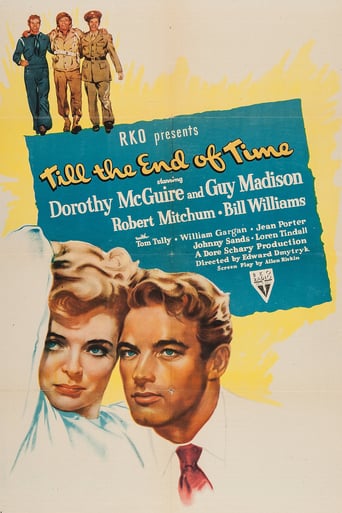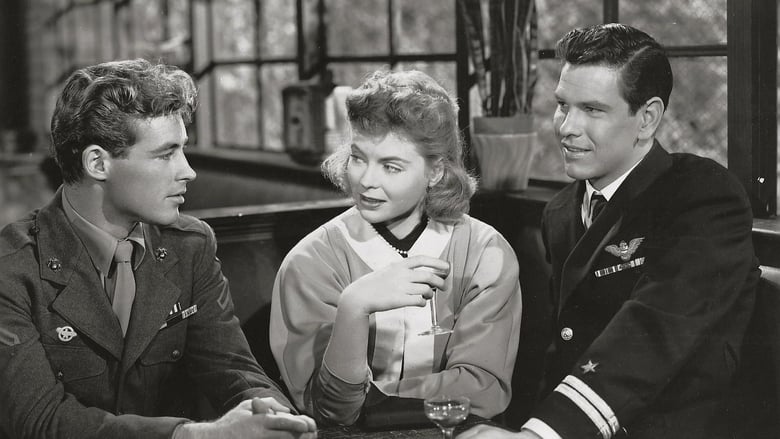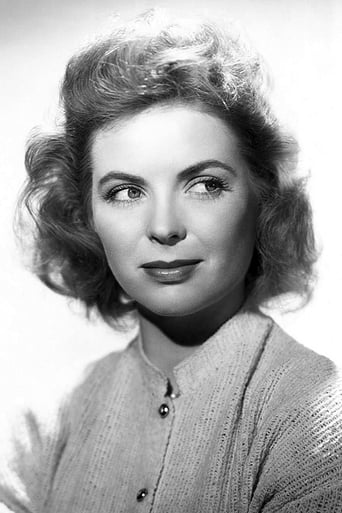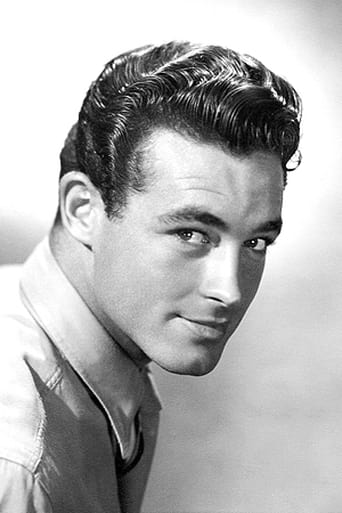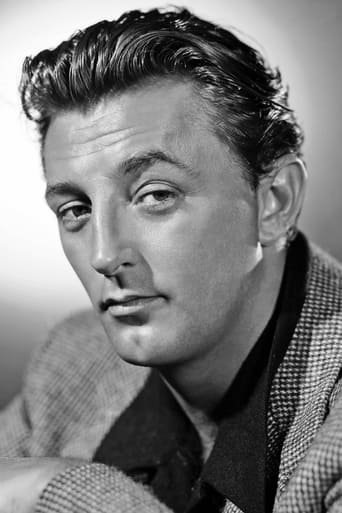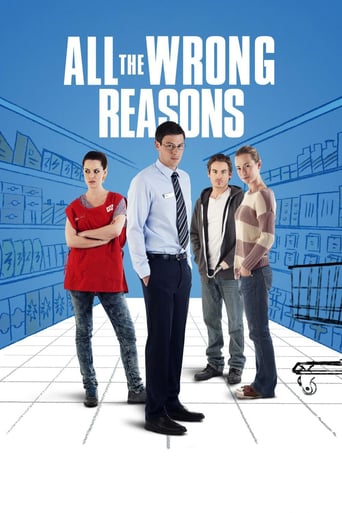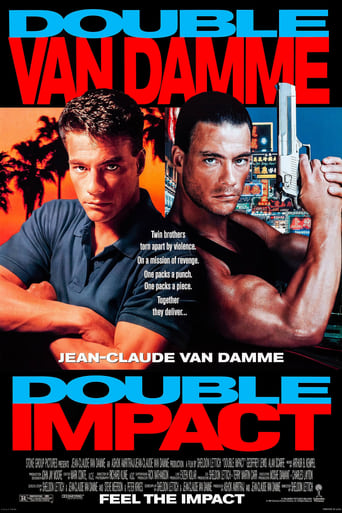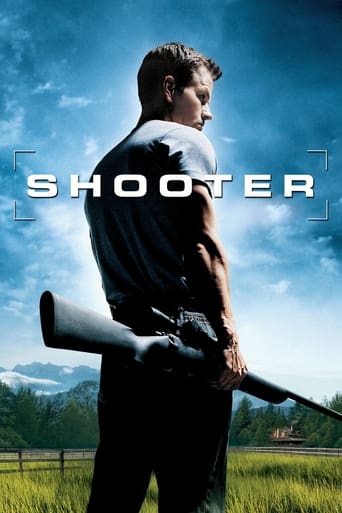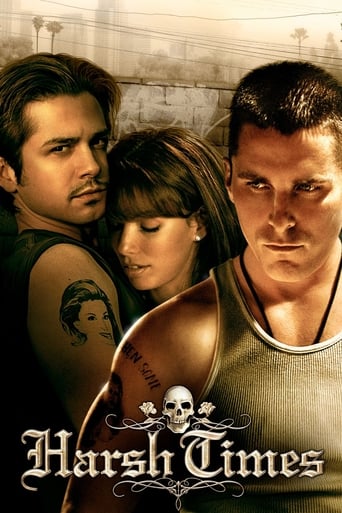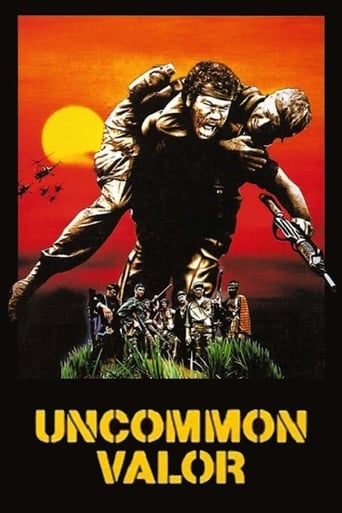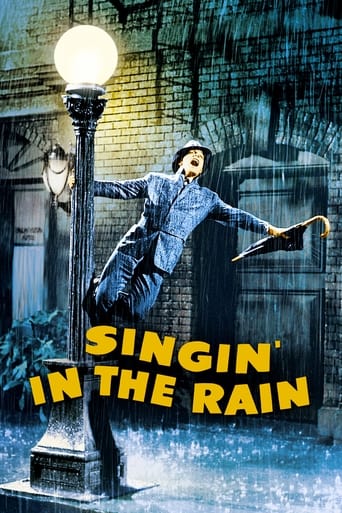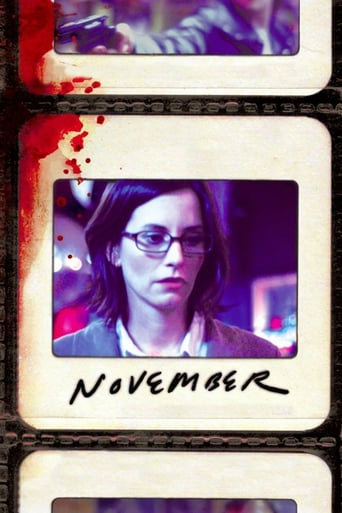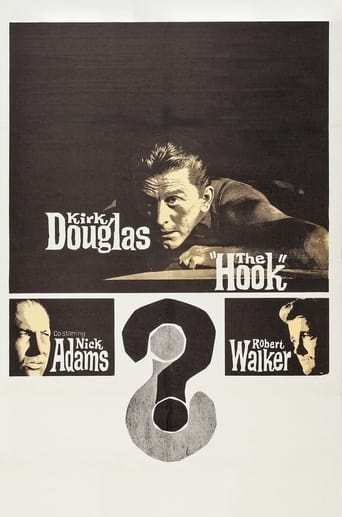Till the End of Time (1946)
Three former marines have a hard time readjusting to civilian life. Perry can't deal with the loss of the use of his legs. William is in trouble with bad debts. And Cliff can't decide what he wants to do with his life, although he gets encouragement from war widow Pat Ruscomb.
Watch Trailer
Cast


Similar titles
Reviews
The Worst Film Ever
Absolutely amazing
Pretty good movie overall. First half was nothing special but it got better as it went along.
I think this is a new genre that they're all sort of working their way through it and haven't got all the kinks worked out yet but it's a genre that works for me.
Another tale of returning veterans but this is no "The Best Years of Our Lives" but a bargain-basement vehicle for up and coming star Guy Madison who may have been the best looking kid on the block but who was never known for his acting talents and sadly he hogs the picture. On the plus side it's neither particularly melodramatic nor sentimental, (it isn't much of anything really though it is a tad on the preachy side). It also has a decent supporting cast that includes a young Robert Mitchum, (very good as the soldier with a plate in his head), Bill Williams as the soldier who has lost his legs and Tom Tully and Ruth Nelson as Madison's parents. His girl is Dorothy McGuire, not bad but underused. The source material was a novel by Niven Busch and the treatment is sudsy at best.
This was a pretty good drama about men returning from World War II and trying to readjust to civilian life. In my one viewing of this film, I didn't quite know what to make of lead actor Guy Madison, whether he was a good actor or not. He wasn't bad, but sounded wooden in several scenes. Dorothy McGuire didn't look up to snuff for the leading lady role, but her acting and her voice is always top-notch, at least with me.The story had some humor, thanks to Jean Porter's character "Helen Ingersoll," an 18-year-old bobby-sox neighbor. She was a lot of fun to watch and listen to, with her mid ''40s teen expressions of the day.For pure drama, perhaps the most memorable scene was the veteran suffering from the shakes. It was mainly a human interest film about people who all had problems relating to their war experiences and were not handling things in a mature way. In that regard, the story got a little soapy, especially with the addition of the romance angle between Madison and McGuire.I didn't like the typical Hollywood slam on WASPs near the end when several guys from some patriotic organization were made to look like thugs. They smugly said their group excluded "Catholics, Jews and Negroes," which, of course, started a fight with the "good guys." In the 1930s through the 1950s, Catholics were treated with tremendous reverence in films and since then they've targeted with vicious attacks by filmmakers. Protestants, meanwhile, have almost always received precious-few good mentions on film, including this one. Oh, well......it was still a good drama worth watching.
To compare a mini-gem such as Till the End of Time with the hugely promoted, star-studded Best Years of Our Lives -- the film that, historically, often is regarded as the screen icon for the re-adjusting soldiers' genre -- is like comparing Ray Robinson or Roberto Duran with Jack Dempsey, Joe Louis or Rocky Marciano.The same way that Robinson and Duran were, pound-for-pound, on the same level with their larger, heavier, stronger counterparts, Till the End of Time -- "pound-for-pound" -- is right with its larger, more celebrated celluloid counterpart.While Best Years, with its flashiness of celebrated cast (i.e. Frederick March, Myrna Loy), is much more expansive, Time expertly utilizes a small-scale, more focused look at the returning-soldier theme.As the proverbial slice-of-life, Time not only is more easily palatable for viewers, it also is quite accurate in the depiction of its conceptions and characterizations.The primary characters created by Guy Madison, Robert Mitchum and Bill Williams---as the returning World War II veterans -- and Dorothy McGuire, as the mildly cynical war widow with whom Madison's Cliff Harper becomes infatuated, are outstanding portrayals. Yes, Madison's sensitive performance in his first key role was effective, regardless of the less-than-sterling reviews traditionally given by critics.Fetching, twenty-year old Jean Porter, as the adorably saucy bobby-soxer who likewise is infatuated with Harper, also is quite effective.Excellent character performances are given by: Tom Tully and Ruth Nelson, as Harper's parents; Selena Royale, as the mother of Williams' Perry Kincheloe; and Bill Gargan, as the veterans' representative.Director Edward Dmytryk expertly orchestrates the film, which captures the unique flavor of its time frame as if it were bottling a rare wine.Though "Best Years" deserves much of its traditional praise, do not overlook "Time" simply because its focus is smaller. "Pound-for-pound" it is at least as good. Possibly even better.
Here is one of the earliest of the impact-of-civilian-life-on-soldiers stories. The story is pretty conventional, with different returning vets faced with different challenges. But there are a two factors which for me make this an engaging, even endearing movie.It's 1946, and we're seeing stars at their freshest. Robert Mitchum is the "old hand," which gives you an idea of how young we're talking about. Then there's the perpetually baby-faced Bill Williams. Finally, we have Guy Madison. I agree that he has to be one of the handsomest guys ever to appear on screen, a fact that renders his hopeless acting irrelevant. The love interest is provided with a fresh-faced Dorothy McGuire. Seeing these "kids" is really fun, not playing off old timers but each other.It's RKO, which means fairly low budget. This is actually an advantage. These are mainly middle-to-lower-middle-class folks, in their modest homes with their modest dreams, and more ambitious pipe dreams. Again, it's 1946. We're seeing 1946 urban (L.A.) sets, L.A. bars and pinball machines, clothing and hairstyles. No Adrian. No fancy nightclubs, no Gable, Crawford or Stewart or Dietrich. Just some very handsome kids, playing how those who lived in that moment recall so well: flush with victory but still shell-shocked, confident but not having it quite sunk in that we had become the masters of the world.

